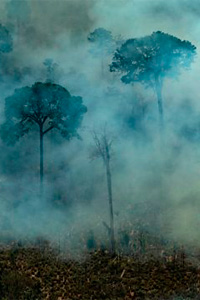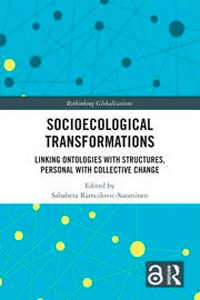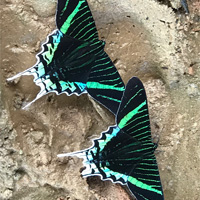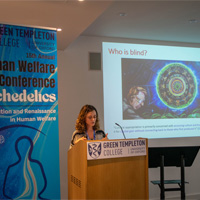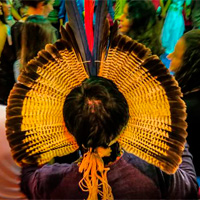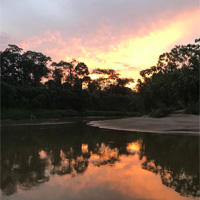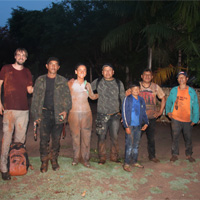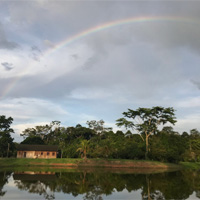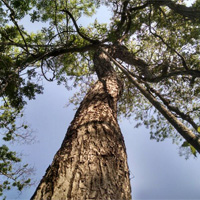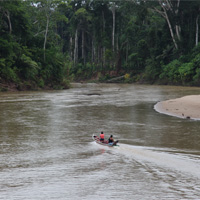Recent responses to the COVID-19 pandemic has spurred reactions to how access to wild animals and their products may spread infectious disease from such animals to humans. This has unleashed an onslaught of debate in the scientific and related policy literature on nature conservation, human and animal rights, and efforts to alleviate global poverty among forest-dependent peoples. The most serious pandemics in history originated in Asia, assuming disastrous proportions on reaching Europe and the Americas. This origin appears related to the density of human populations and their growing proximity to rapidly dwindling wilderness areas. Chief drivers that have led to the liberation of disease-causing pathogens from the Brazilian Amazon include human migration, vector dynamics, roads and transportation, habitat loss, and climate change, among others. Similar studies modeling such interactions in S.E. Asia showed that the most prominent factors were land-use change (31%), agricultural industry changes (15%), and international travel and commerce (13%). Solutions demand that we first renew our relationship with nature, recognizing interdependence and finding ways to cushion the overwhelming pressures of teeming humanity while we adapt to nature’s response in the guise of a pandemic. Different cultures in the Amazon provide us with examples that could inspire and enable a future rooted in a respectful and intuitive relationship with the natural world. By co-evolving with, rather than dominating and destroying we may be able to uncover and nourish the collective instinct toward preservation necessary to keep humans and other species alive.

